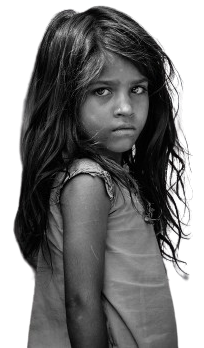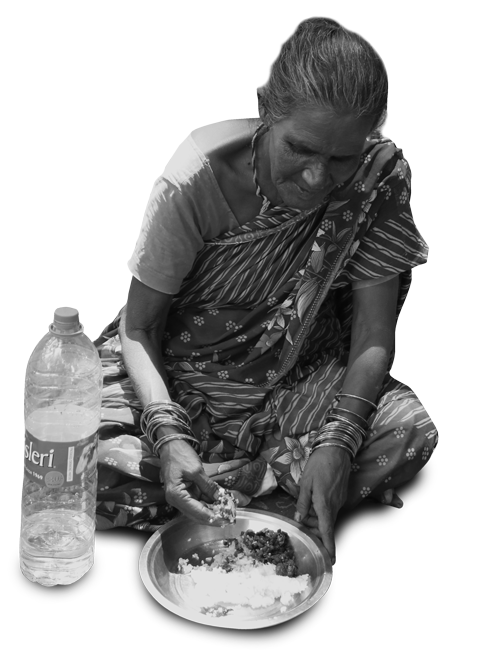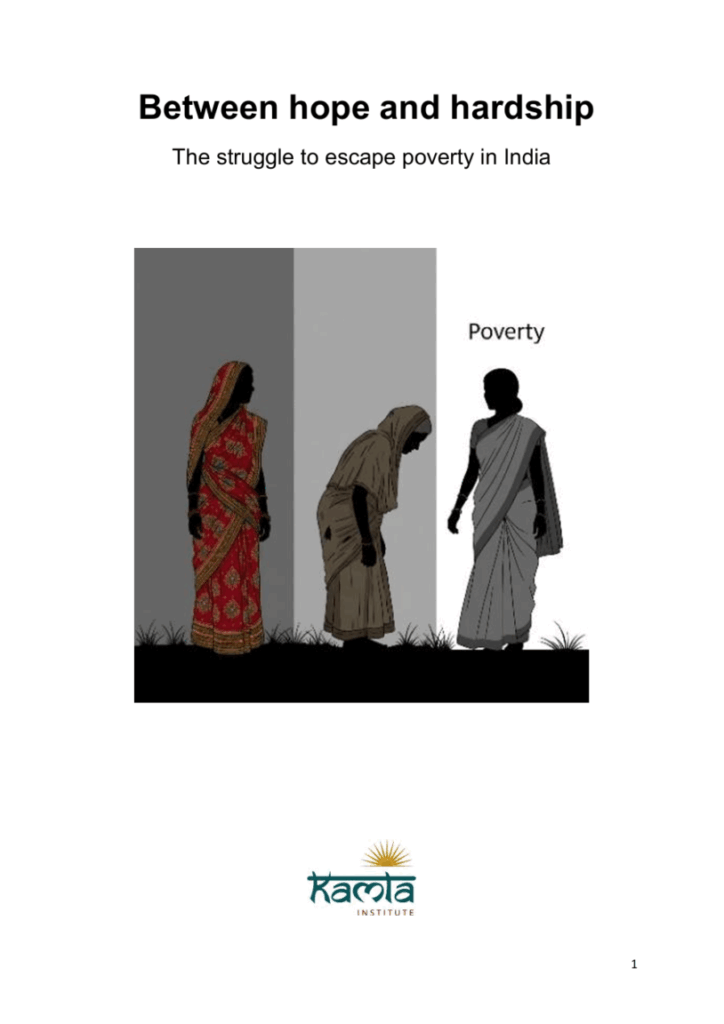Kamla Institute
The Kamla Institute is a UK based think-tank exploring new thinking for renewal, reconnection and the restoration of hope for the poorest.
Our strapline encapsulates the impact of our work:
For a just world
We are delighted to launch our first report
Building on the work of Kamla Foundation, we have witnessed some of the most marginalised individuals and communities flourish – creating an environment of stability and opportunity, nurturing the right ideas, values, and developing leaders to deliver lasting change.
Kamla Foundation’s engagement with marginalised communities and its role in pioneering inclusive, locally grounded solutions have not only shaped our values but also provided a vital empirical base to inform our research agenda.
Applying innovative approaches, capturing impact and critique commentary will continue to be the hallmark of our work with both Kamla Foundation and Kamla Institute. Click here to access the report

Cycle of poverty
Millions of the poorest today were not born into poverty, they have become poor within their lifetimes. Poverty has an essentially vigorous and fluid element to it. Many people fall into poverty (becoming the future poor), even as others (formerly poor), move out of poverty.
For those experiencing poverty, every day is a battle to keep afloat that never allows them to get ahead or envision a better future.
Living in poverty means a life of malnutrition, poor hygiene, deplorable conditions and preventable diseases going untreated, which is further exacerbated by systematic inequalities throughout wider society.
Exposure and vulnerability to risk and the inability to cope, plunges people further into poverty and leaves children falling behind in school or failing to attend altogether, conditions that can steal away their childhood and future. Consequently, negative early experiences impact a person’s ability to grow and develop, leaving them trapped in a cycle of poverty.
The Issue
Today’s economic models have failed the world. Unjust systems have concentrated power in the hands of a few, at the expense of the many. Entrenched systems such as patriarchy, racism, sexism and caste, sustain the multiple and interlinked forms of inequality that are the root causes of poverty and injustice. Those who live on the margins of society are the ones who suffer most as a result.
More than ever, there is a calling for authentic new leadership to deliver effective responses to the root causes of poverty. We find that there are many facets to poverty, it transcends politics, pays no attention to borders and has little regard for established norms or traditions.
Ending inequality and poverty is possible. Doing so is a conscious choice.
About us
The Kamla Institute is a UK based think-tank exploring new thinking for renewal, reconnection and the restoration of hope for the poorest. Countering the impossible promises of the political extremes by bringing to life an aspirational narrative about the potential of the poorest – rooted in their hopes for a just society.
Our ambition is lasting impact. We make a difference by being part of a global movement for social justice.
Our belief
We firmly believe that every individual has infinite value and potential, and that true prosperity is the realisation of that potential. Building on the work achieved to date through the Kamla Foundation, we have witnessed some of the most marginalised individuals and communities flourish – creating an environment of stability and opportunity, nurturing the right ideas, values, and developing leaders to deliver lasting change. This has enabled us to explore at first hand, the conditions required for individuals and communities to begin their journey out of poverty – creating that pathway to prosperity.
Our Mission
To create a positive space to spur creative thinking on critical social issues, promoting fair debate where cutting edge research and evidenced policy ideas from across the spectrum can be discussed and disseminated.
Enabling access to all the latest thinking by widening the traditional policy audience so that the debate better reflects all parts of society. Our goal is to stimulate public discussion and advance solutions while creating an informed community that can craft a new vision of action for the future.
Our Values
Our Approach
We strive to be a catalyst for change, working towards creating a more equitable and inclusive society where everyone has access to essential resources, opportunities, and social well-being. We do this by leveraging the expertise and insight gained through dialogue, research and the convening of top experts, innovators and influencers from different backgrounds and competing viewpoints to construct programs and policy initiatives to;
– Close the equity gap
– Use data to drive change
Building a deeper understanding of poverty
The Kamla Institute aims to build on this knowledge and learning, establishing a platform of leading thinkers and diverse stakeholders in a unique manner that sets agendas, bridges divides and provides room to explore ideas.
In disseminating our work, we aim to reach the widest possible audience, actively engaging with individuals from across the spectrum; business, politics, academia and wider civil society. All policy recommendations stemming from our work will be grounded in and shaped by the evidence we uncover and designed to influence wider thinking.

